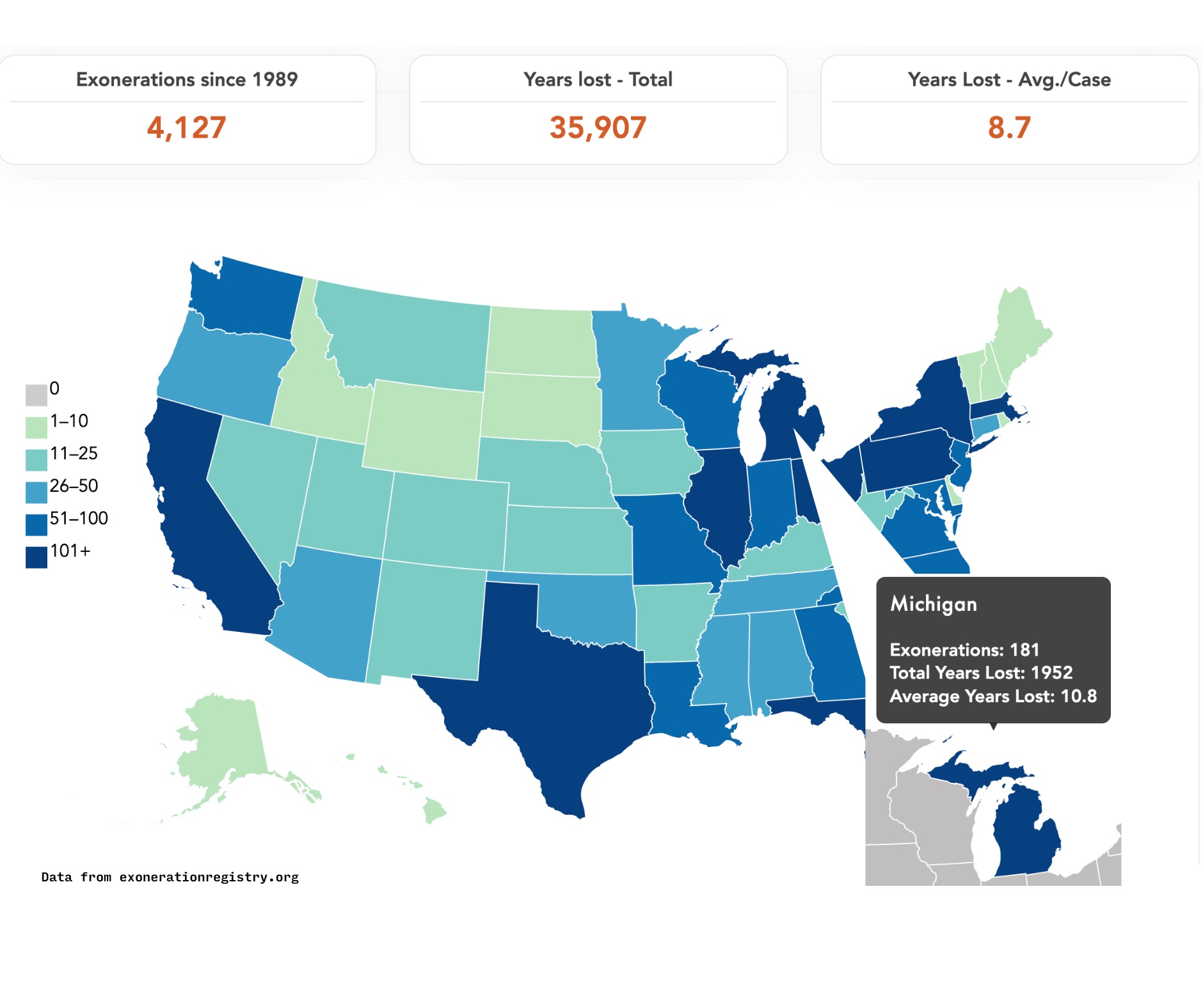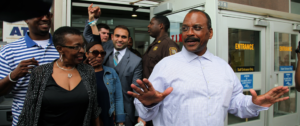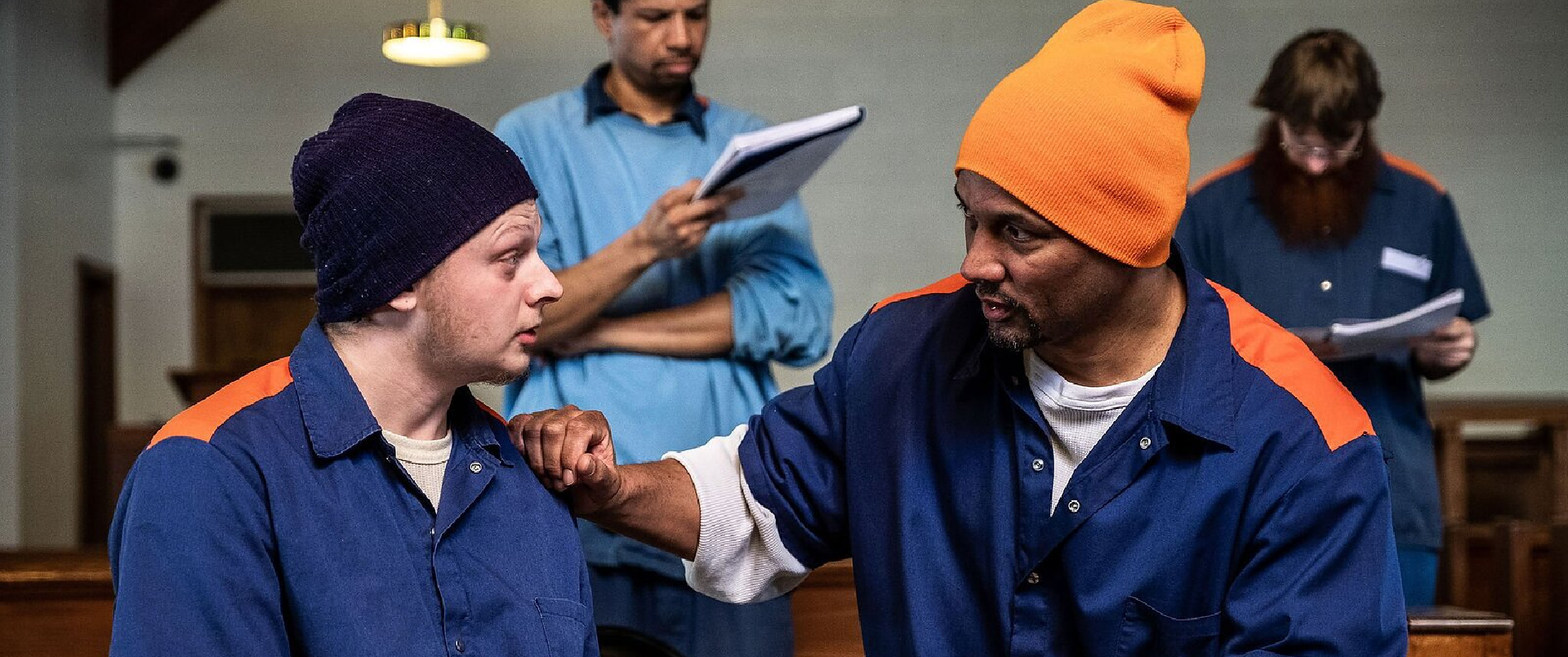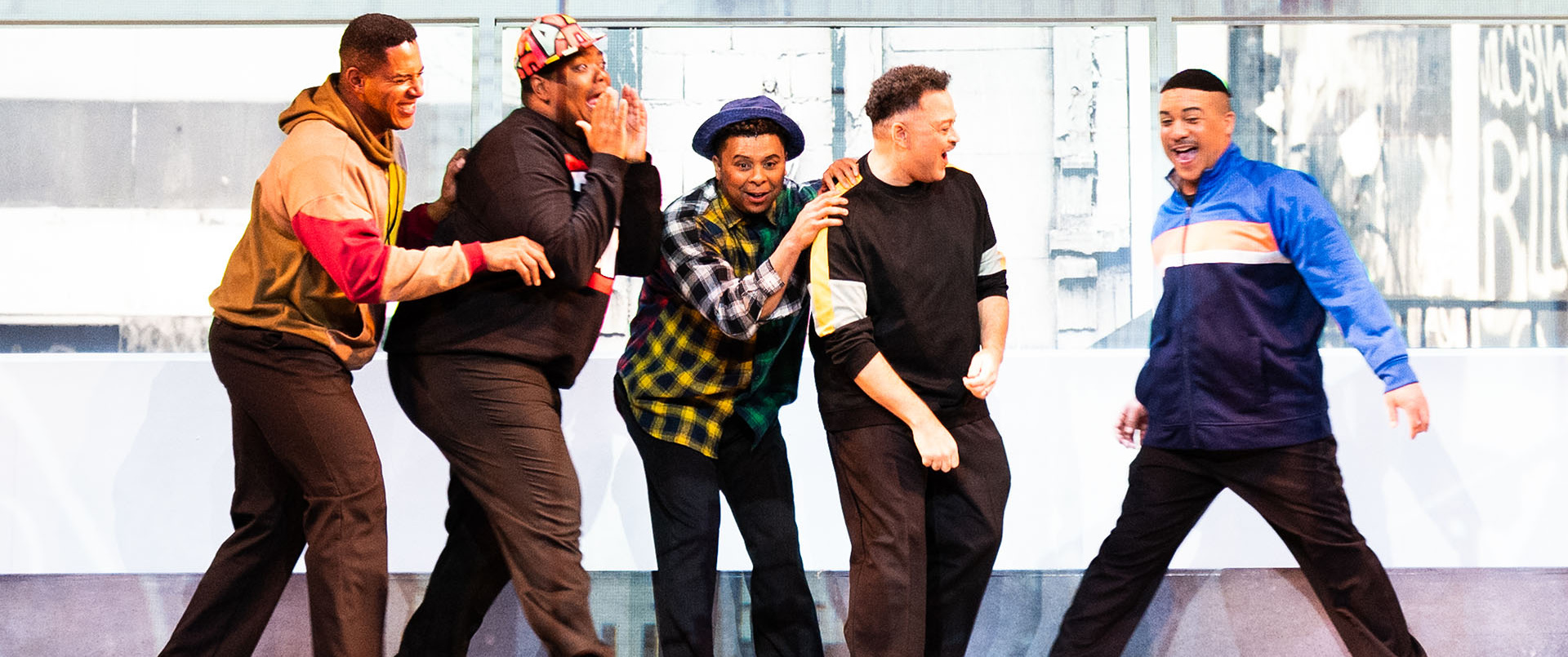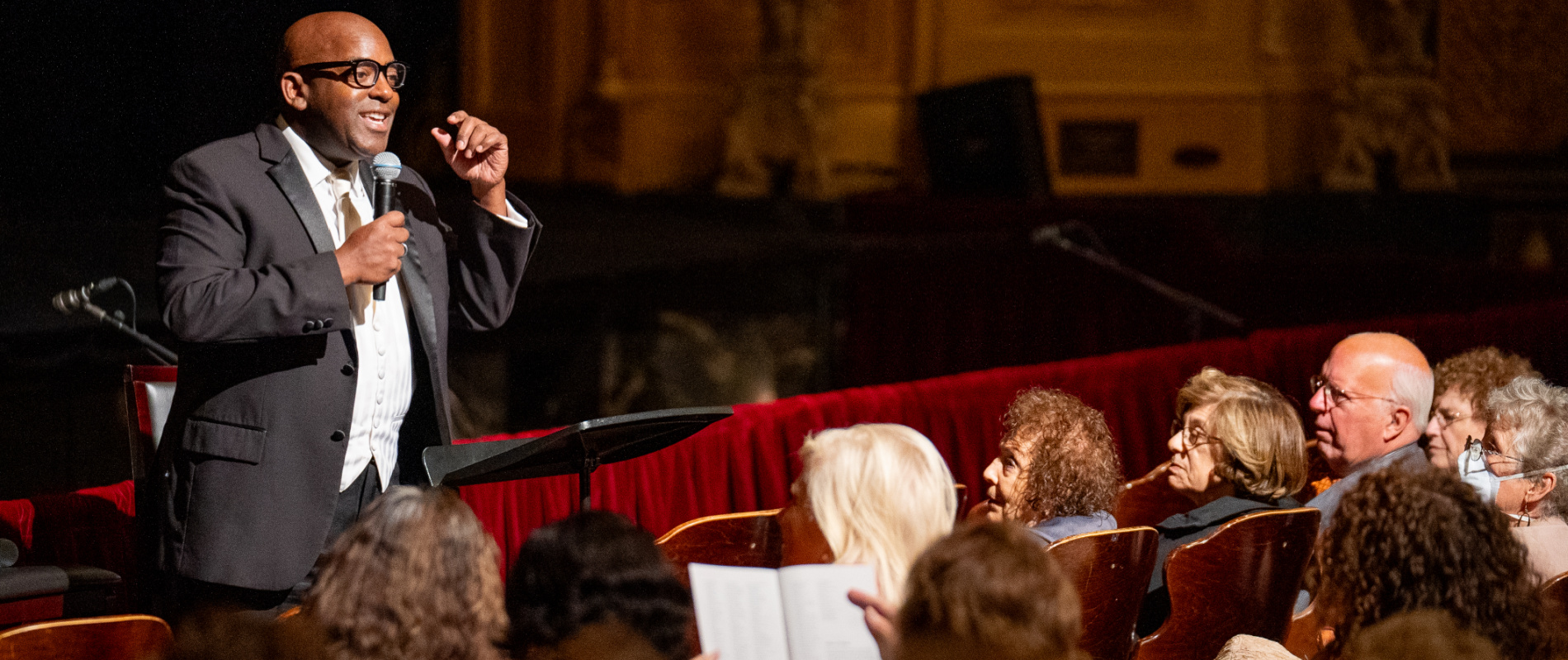Detroit’s Wrongfully Convicted and the Fight for Justice
April 30, 2025
From the assembly lines of the Motor City to the rhythms of Motown and techno, Detroit is a city forged in struggle and creativity. But its history includes people with almost unimaginable survival stories: decades in prison for crimes they didn’t commit. These Detroiters were wrongfully convicted—some as children, others by the manipulation of police or faulty science—and later exonerated. Collectively, the cases underscore how justice delayed isn’t just injustice, it’s a stolen life.
These Detroit stories are about more than individual cases. They’re part of a systemic pattern in which prosecutorial misconduct, false confessions, coerced witnesses, flawed forensics, and racial bias intersect in ways that destroy lives. But they also reveal something else: Detroiters fighting and surviving, and, when they can, coming back to help others. Their stories remind us that justice isn’t about more than courts and laws; justice is about community, memory, and the unwavering belief that the truth still matters. The stories also raise the urgent question: how many others are still inside?
Richard Phillips — Convicted: 1972 Exonerated: 2018
Richard Phillips was convicted in 1972 for a murder on Detroit’s east side. The case hinged on the testimony of a man who later admitted he had lied to secure a lighter sentence for himself. Phillips was sentenced to life without parole, and he spent 45 years in prison before the Michigan Innocence Clinic uncovered the truth. In 2018, the prosecution exonerated him, and in 2022 his conviction was overturned. His is the longest wrongful imprisonment in U.S. history.
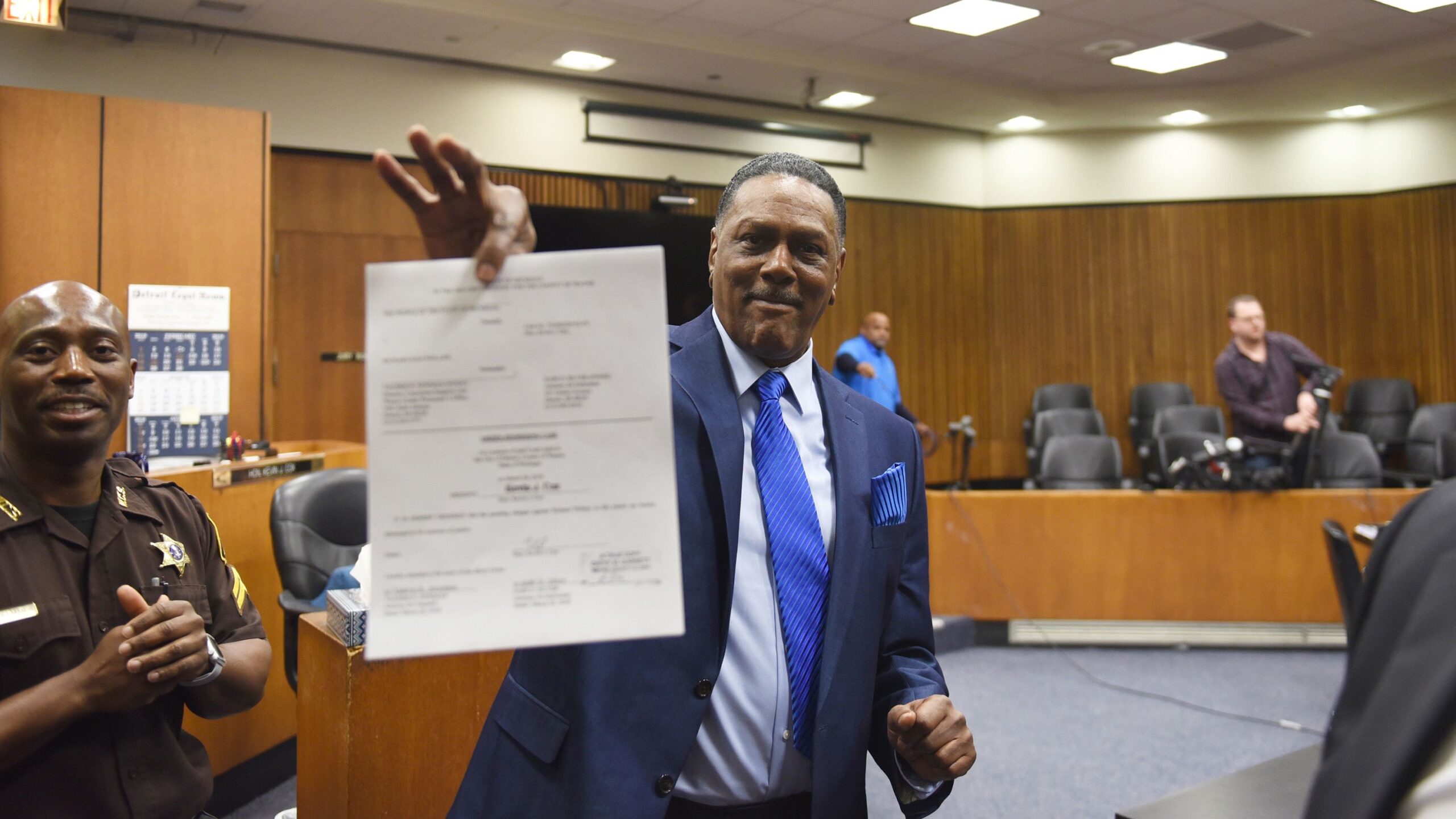
While incarcerated, Phillips survived through art. He taught himself to paint, creating vivid landscapes and portraits. Upon his release, he sold his work to support himself, refusing to be bitter. “It was something to do, [to] occupy my mind,” Phillips said. “I could get off into one of my paintings and just be in there for hours and hours.”
Davontae Sanford — Convicted: 2008 Exonerated: 2016
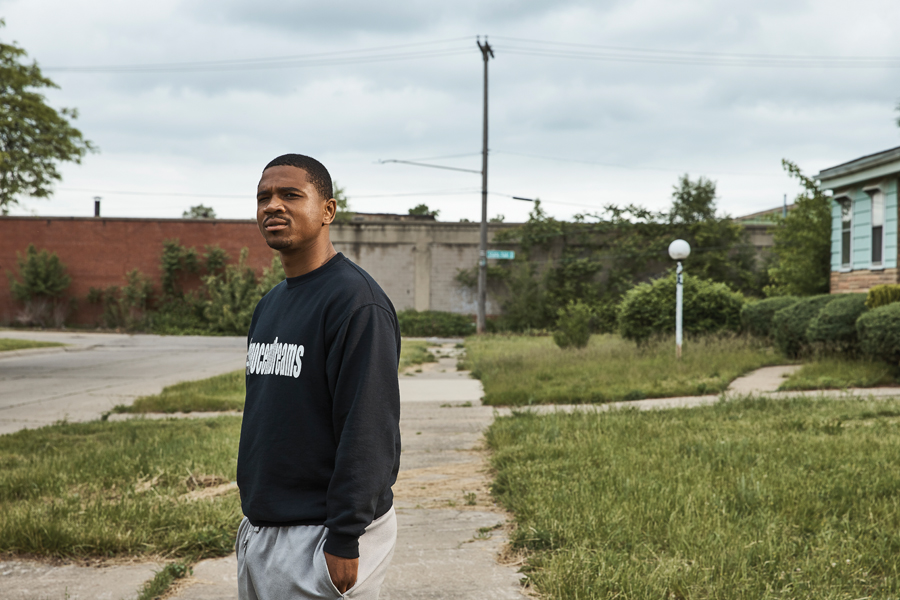
In 2008, Davontae Sanford, a partially blind and learning-disabled teenager, was questioned without a lawyer present about a quadruple homicide in Detroit. He confessed. But the confession didn’t match the facts of the case, and soon after, Vincent Smothers, a professional hit man, confessed to the killings. Despite this, Sanford remained in prison. Years of advocacy from his family, attorneys, and journalists finally led to his release in 2016. What stands out most is Sanford’s age. He entered prison as a child and emerged as a young man. His case laid bare the dangers of coercive interrogation, especially for vulnerable youth. Today, he advocates for juvenile justice reform—working to ensure that no other teenager suffers what he did.
Desmond Ricks — Convicted: 1992 Exonerated: 2017
In 1992, Desmond Ricks was convicted of murdering a friend outside a Detroit burger joint. The key evidence: ballistics tests that supposedly matched bullets found in the victim to a gun Ricks had borrowed from his mother. Years later, it was discovered that Detroit police had swapped the bullets, taking ones from the morgue and firing them from his mother’s gun to fabricate evidence.
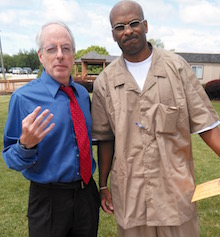
In 2017, Ricks was exonerated after 25 years. He later received a $7.5 million settlement from the City of Detroit. Today, he speaks out about wrongful convictions and the importance of accountability within police departments.
Ledura Watkins — Convicted: 1976 Exonerated: 2017
Ledura Watkins was 20 years old when he was convicted in 1976 of murder. The only physical evidence was a single hair, matched to him using forensic science that has since been discredited. Watkins’s conviction was vacated in 2017.
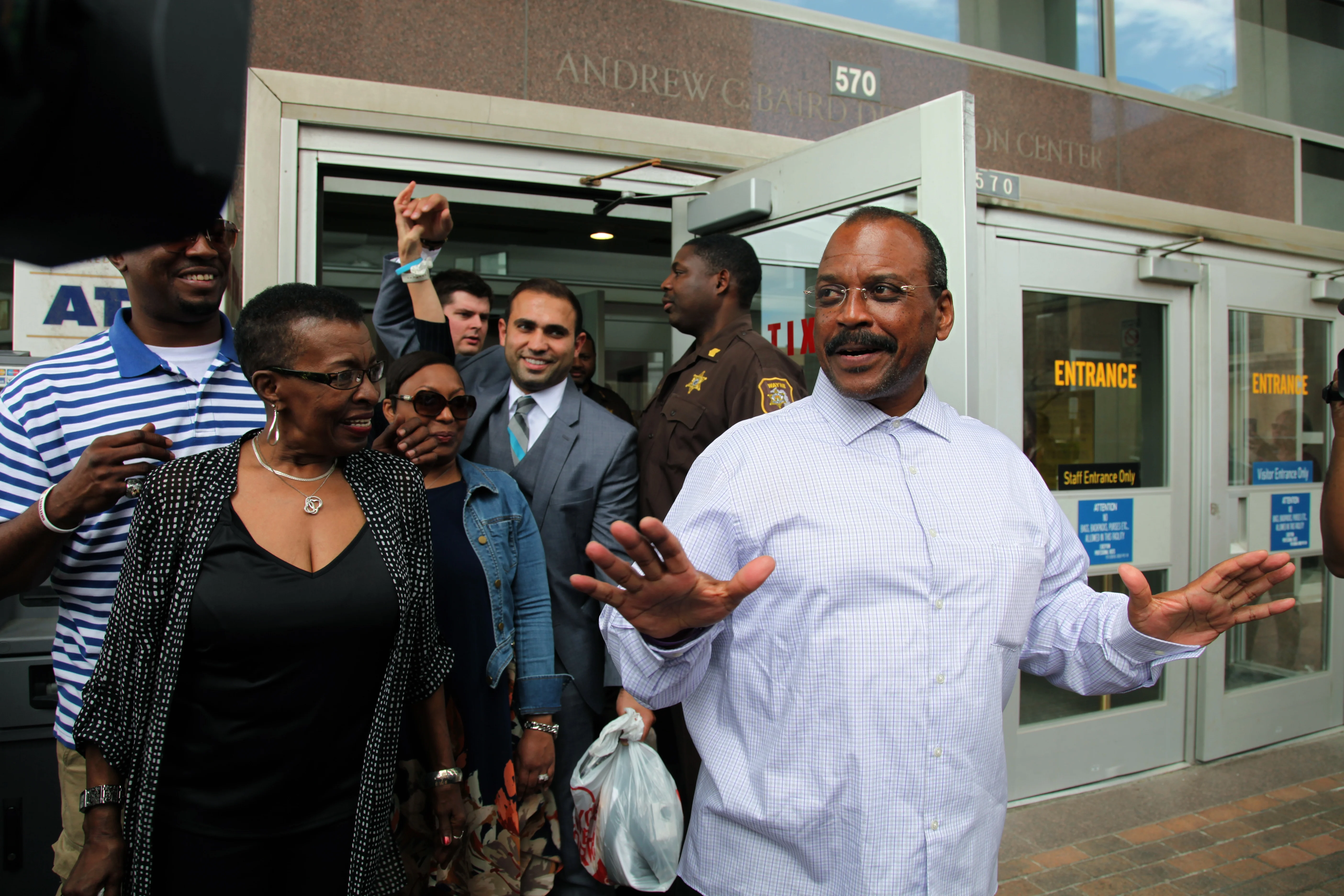
Today, he speaks out on behalf of the wrongfully convicted and is active in public education efforts to reform forensic practices in Michigan.
Thomas and Raymond Highers — Convicted: 1988 Exonerated: 2013
In 1988, brothers Thomas and Raymond Highers were convicted of a drug-related shooting in Detroit. For years, they insisted they were innocent, but their appeals went nowhere, until an eyewitness at the scene surfaced on Facebook in 2009, saying the brothers weren’t the shooters.
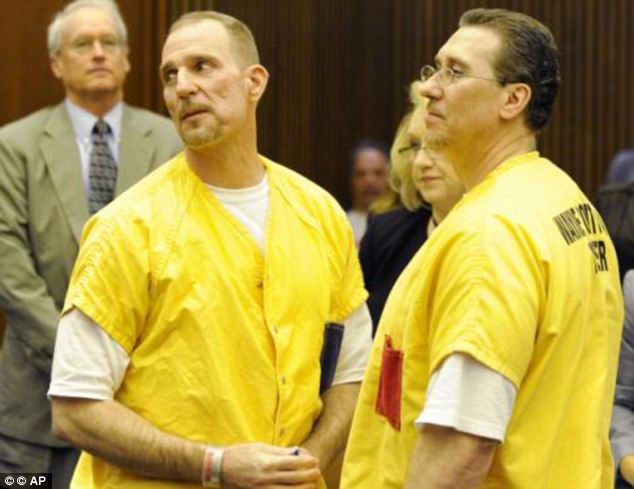
That social media message launched a new investigation, and by 2013, their convictions were overturned, and charges dropped. The case is often cited as one of the first where social media played a direct role in overturning a conviction.
For a growing list of exoneration stories from across the country, visit The National Registry of Exonerations at exonerationregistry.org
